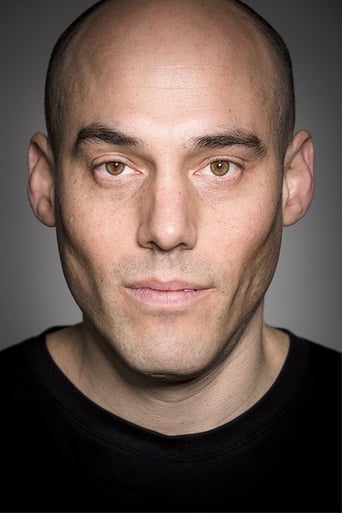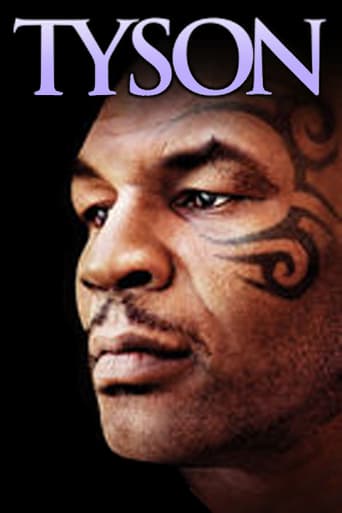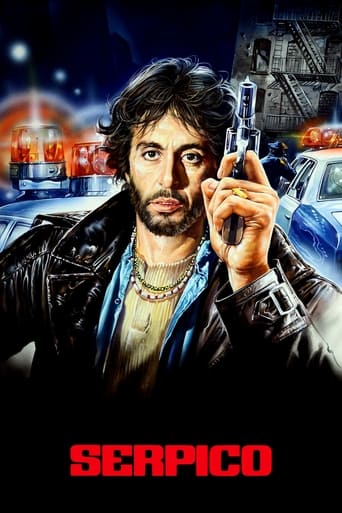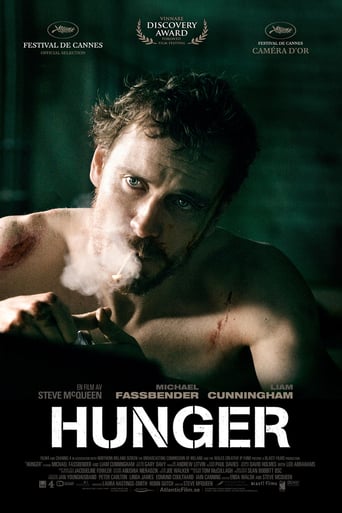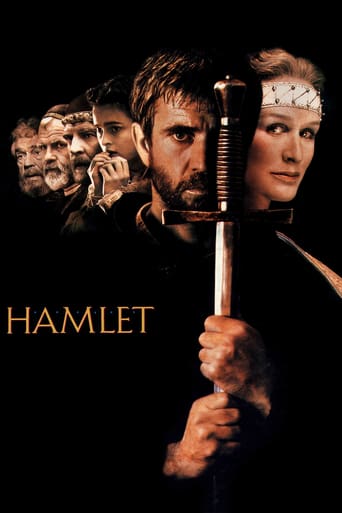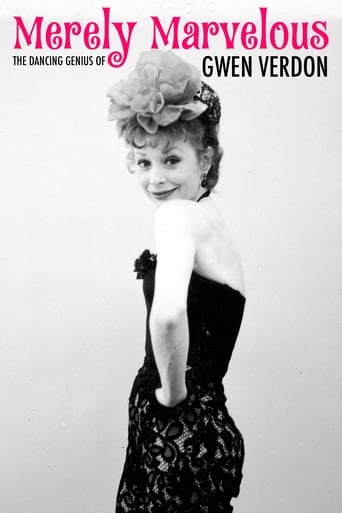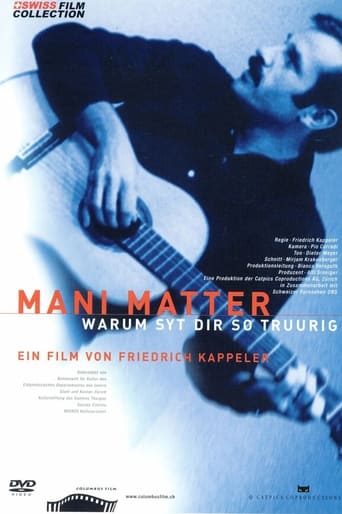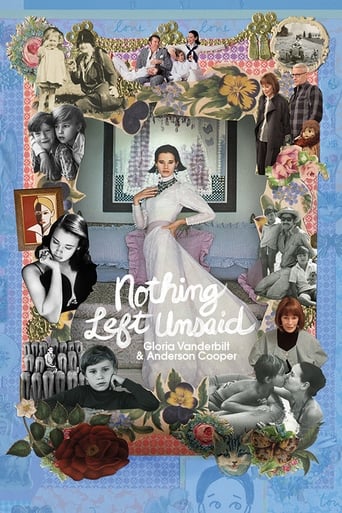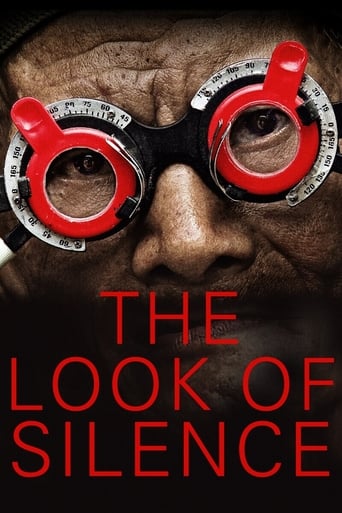
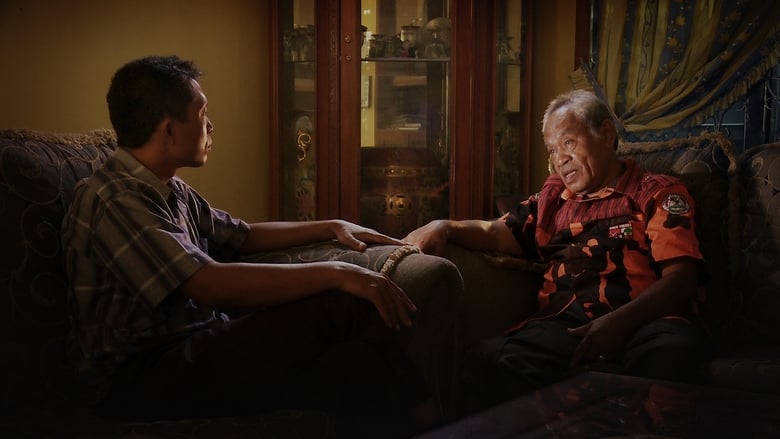
The Look of Silence (2015)
An optician grapples with the Indonesian mass killings of 1965-1966, during which his older brother was exterminated.
Watch Trailer
Cast


Similar titles
Reviews
It's hard to "review" a movie like "The Look of Silence". You don't really watch it and evaluate it like you do anything else. You bear witness.I have never been able to write anything about its prequel, "The Act of Killing". I broke my rule of reviewing every movie I watch on here because I just wasn't up to the task. Watching that movie, and "The Look of Silence" to a slightly lesser extent, was like being dosed with heroin and hit with a sledgehammer. The usual "disturbing" movie, documentary or otherwise, has an impact that can be shaken off eventually. With "The Act of Killing", I never really felt it, but I knew it was there. It took something from me. The impact bled through into my day to day life. It wasn't just like a bad dream. It was real.Here is "The Look of Silence". It gives a different side of the story that "Act of Killing" presented, through the son of survivors of the Indonesian genocide. He learns about the fate of his older brother, killed two years before his birth. Then he confronts some of the killers and their families, though these meetings don't go as you might expect, especially for the son, Adi.This movie really should be watched alongside "The Act of Killing". Whereas "The Look of Silence" is no less horrible in its descriptions of actual murder, I have a feeling that it is the goodness of Adi and his family you will remember.
The Look of Silence is Joshua Oppenheimer's follow-up to his fascinating documentary The Act of Killing, which dealt with the legacy of massacres of so-called Communists by paramilitary groups and their followers in Indonesia in 1965. This time Oppenheimer focuses in on an optometrist, Adi Rukun, who goes around interviewing various men and their family members involved in the 1965 massacres, some of whom were directly involved in the murder of his older brother. As in the Act of Killing, the murderers are well-known pillars of their community, proudly boasting about their role in the massacres. Oppenheimer utilizes footage from the Act of Killing which Rukun looks at on a TV screen. In one sequence, the main killer of the man's brother, along with an accomplice friend, are interviewed at the very spot where the brother was murdered. They joke about how they killed the brother which involved cutting off his genitals and slitting his throat.Rukun interviews another killer who soon objects to his "political questions." He cuts the interview off as it's clear he doesn't like dealing with the moral questions that are being raised. The killer is vague about how the victims were identified as Communists. At one point he mentions that they failed to attend the local mosque for prayer services. He also mentions that there were rumors of some people having extramarital affairs which would have implicated them as "bad people." It soon becomes obvious that virtually anyone could have been accused of being a Communist back then. The victims might have been a collection of all types of people from varying socio-economic classes: union activists, non-religious people, those accused by neighbors trying to settle a score, and thousands who were completely apolitical and had no affiliation with Communism.The demented nature of the killers became clear when more than person being interviewed admitted that they drank their victim's blood. They did so, according to these men, because if they didn't, they would have gone "crazy." Family members of the perpetrators often claimed no knowledge that their kin were involved in the massacres. Some of these people stated that the past needed to be left alone and a few even implied that those who persisted in looking at the past could be subject to retaliation in the present day.Eventually Rukun pays a call on his uncle who worked as a prison guard in 1965. The uncle had no guilt feelings as to his role in the massacres and claimed that since he didn't kill anyone directly, he bore no responsibility for the killings. When Rukun informs his mother of this, she's incredulous that her brother may have been involved in the death of her son.In addition to the various killers interviewed, we also meet Rukun's centenarian father who is blind and almost deaf as well as his mother who harbors a great deal of bitterness over her neighbors who have escaped the bar of justice.Between The Act of Killing and The Look of Silence, the former has more of an overall impact. James Lattimer writing in Slant gets to the root of the problem with Oppenheimer's current approach: "With the previous film and most of this one already having repeatedly plumbed the depths of depravity with which such killings were carried out, it's hard to understand why the protagonist needs to be placed in such a manifestly wrenching position, aside from a salacious desire to have his reaction on camera."Despite reservations as to the way the material is presented, The Look of Silence remains a fascinating glimpse into the mindset of people who have committed horrendous crimes and escaped the bar of justice.
This documentary is first of all, the visceral fermentation of a man that can withhold and suppress any retributive feeling, with almost zen-like attitude, while his eyes humidify with utter contempt as he stares into the face and gestures of his brother killers gone old ... and doing quite well. Directly or indirectly, he's just formulating the questions that in most cases seem nonsensical to the perpetrators of the mass killings that took place in the 60' Indonesia. The real tragedy unfolds as the footage unveils fully towards the end, because u realise that there is no action that Adi, or any of us could take, except forgiveness, against people that never even formulated in their own language, the concept of morality. It's like looking at some grumpy old man talking about a high-school "beef", back in the days, with the "commies", that ended a bit sour ... Except the sourness of that "beef" is counted in the slaughter of human lives, that never got redeemed, apologized for, or felt any regret about them. It's not even really about religious or political indoctrination, but definitely it's a documentary about the versatile human nature that set's us apart so much one from another, to the extent where one can legitimately ask : Ar we even belonging to the same species? Endure, all you that feel compassionate about the world.
With just two films to his name, both about the Indonesian mass-murders of the mid-1960's Oppenheimer has become the most important documentarian of his generation. His second film, "The Look of Silence", coupled with his "The Act of Killing" has created a sea- change in the Indonesian truth, justice and reconciliation movement. Forcing new laws to be written and putting the government in a defensive position against the nation's media.But Oppenheimer is more than an activist. He's an artist. His films are contemplative, playful and quietly confrontational. His visual attack is succinct, his marriage of form and theme is flawless and his moral intent is thunderous.Where "Act of Killing" was concerned with a larger study of post-massacre Indonesia, "Look of Silence" chooses a more intimate landscape. Geographically, emotionally and cinematically it is regional. Concerned with a single killing, the men who did it – directly and indirectly - the family it affected and the small village that has lived with questions about other killings like it for fifty years. Where "Act of Killing" lived in absurdist grand cinema, "Look of Silence" exists in tight close-ups of the perpetrators, survivors and truth-seekers. More than anything, more than words, their faces tell the story. So much happens behind the eyes, around the corners of the mouth, in unspoken glances. The horror, doubt, guilt and seemingly impossible reconciliation stirs below the surface. For all the cinematic flex of "Act of Killing", this contained take on the same material, seems more haunted and human.The star of the film, Adi the eyewear peddler, pursues this mission with intelligence and courage. We meet his family. His happy playful daughter, his thoughtful son, his cautious loving wife, his ageless mother (probably the most engaging character captured on film this year), his wisp of an ancient father, and his memory of a murdered brother, looming over everything. From them he finds the courage to question murderer after murderer face-to-face. The combination of his profession as an optometrist with his quest to seek truth would seem heavy-handed if it were fiction, but nothing here is inauthentic. In showing all of Adi's family, from the fresh and young, to the spent and dying, we see the full arc of life.Lastly, the film makes a glancing but firm indictment against the American anti-Communist fervor that fed into - and the American corporations that profited from - these killings. It gives strong evidence that the Cold War, the war of ideology and the murder of millions, allowed for, and was even fought for, Western corporate dominance in places like this. And here the grinding up of human beings for profit in this situation is undeniable. Oppenheimer wants to make sure no one involved gets off without having to face, if not their own role in the massacre of millions, then at the very least, their culture's.And so it goes, the people (wives, mothers, daughters, sons, fathers, husbands), the silence, the haunted jungle hum that fills most of the auditory space in the film, the great and overwhelming significance of it all everything pools together to show us something words alone can't manage. Something about how a horror can be so great that its impact can loom over generations. About living with debilitating fear of those who have claimed power over you through violence. About the most nightmarish tendencies in humanity, and our courageous capacity to overcome the worst of ourselves. About just how difficult it is to look into the eyes of a killer and say, "I know what you did." And more profoundly, more frighteningly "I know you."


